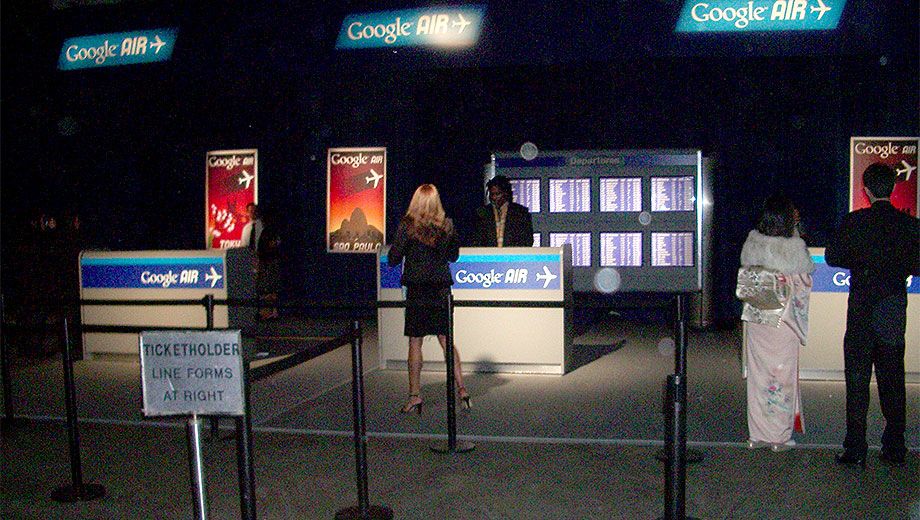Google is working to introduce global flight prices into its core search engine, along with a host of other tools for travellers.
The search giant acquired ITA Software, a US-based flight information company, for $700 million a little over a year ago.
ITA already feeds search results to many of the world's biggest travel comparison sites such as Orbitz and Kayak, FareCompare and others -- even Microsoft Bing.
Google says it has no intention of killing off these relationships.
Rather, it says it wants to enhance its own search results by providing more than just "ten blue links" when someone searches for "flights from San Francisco to London", saying it would rather give searchers flight times and prices as well and direct links for booking.
The move could also unleash a new wave of powerful travel apps for smartphones and tablets, just as Google's provision of mapping, movie times and other information has spurred the development of similar apps in those spaces.
In Australia, Google already provides flight schedule search, but there's no pricing info or links to book flights.
However, its efforts at turning its search engine into a quasi travel agency go further than just flight times.
Since March, it has also been showing hotel prices on Google Maps, to make it easier for travellers to find the closest hotel to the places they'll be visiting, at the lowest possible price.
Another feature Google is rumoured to be developing is integration of Google Maps with flight search -- similar to Kayak's Explore tool (which promises to let you "see where you can go, and for how much".
It has also quietly purchased a website called Ruba that provided a neatly searchable worldwide catalogue of travel guides, and group tours.
Ten days after the acquisition, Ruba was shut down, with an announcement that its entire team had moved to Google. Here's how the website looked before it was shut down.
Google insists it is not competing with travel agents or travel providers though, saying it doesn't plan to sell flights or hotel bookings directly, but will simply refer traffic to companies that do.
Will Google help or hinder?
There's little doubt that the integration of better travel search tools into Google will help travellers.
But travel providers have voiced their worries that Google's immense market power in search will see it 'picking winners and losers', as it does in sending immense amounts of traffic to websites that rank highly in its search and news listings -- and in the long run, that could actually put some travel providers out of business.
Google answers that criticism by saying that it believes "giving users better ways to search for flights online will encourage more users to make their flight purchases online, which will create more overall online sales for airlines and travel agencies."
However, it turns out one of the strongest opponents of Google's efforts is an organisation called "Association for Competitive Technology". One of its key sponsor members? Microsoft, which owns Bing Travel -- one of the few features of the Bing search engine that differentiates it against Google.
Despite its opponents, Google's $700 million acquisition of ITA Software has been approved by the US Department of Justice.
Now, it's up to Google to use the technology it acquired from ITA Software and marry it up with other data sources and Google's own technologies to create the ultimate travel search engine. We'll keep you updated on developments as they occur.





Hi Guest, join in the discussion on How Google wants to become your 24/7 travel agent